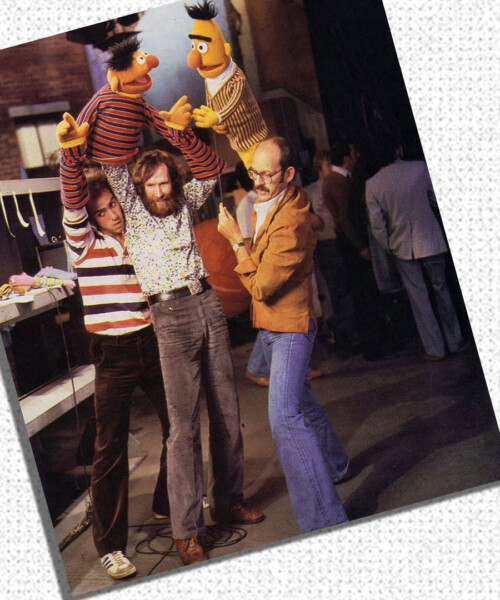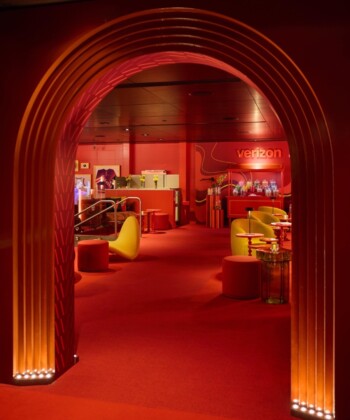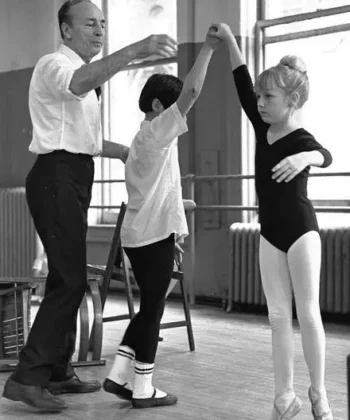After losing his puppeteer of 27 years earlier this week, Kermit the Frog may be feeling particularly homesick. Luckily, the much-anticipated “Jim Henson Exhibition,” opening this Saturday at the Museum of the Moving Image, will provide Kermit and 46 of his fuzzy friends a stable home in the permanent collection.

The four-year project began when the Jim Henson estate bequeathed the museum hundreds of objects in 2013, prompting a campaign to build a new gallery space devoted entirely to the puppet mastermind. In addition to a menagerie of Muppets, the exhibit would showcase storyboards, costumes, sketches, and BTS footage from classic productions like Sesame Street and The Dark Crystal.

In addition to the 2,200-square-foot gallery, the museum also planned a mobile extension of the exhibit, “The Jim Henson Exhibition: Imagination Unlimited,” which would travel the country, starting with Seattle’s Museum of Pop Culture. The ambitious project, which would include Muppet restoration and long-term maintenance, originally projected a $5 million fundraising goal. Earlier this year, MoMI launched a Kickstarter campaign in order to finish fundraising – a tool increasingly utilized by arts organizations.

“We helped bring Ai Wei Wei’s “Tree” sculptures to the courtyard at the Royal Academy of London,” says Kickstarter’s Arts Strategist Shane Brennan. “We’ve also worked with the Smithsonian to preserve Dorothy’s ruby slippers and Neil Armstrong’s space suit.”

Preserving the work of Jim Henson through crowd funding seems especially appropriate given Sesame Street’s commitment to community activism through educational programming and its depiction of diverse and harmonious inner city life. When the Kickstarter launched in April, the community returned the favor: the campaign yielded $144,000, triple the initial goal, thanks to support from Sesame Street and abroad. “It’s not surprising that the bulk of the [backers] were from New York, Brooklyn and Queens,” says Brennan. “But there were also backers around the world, from Australia to the Netherlands. Even if they didn’t live in New York and could never come see the exhibit in person, the global community was really on board.”






































